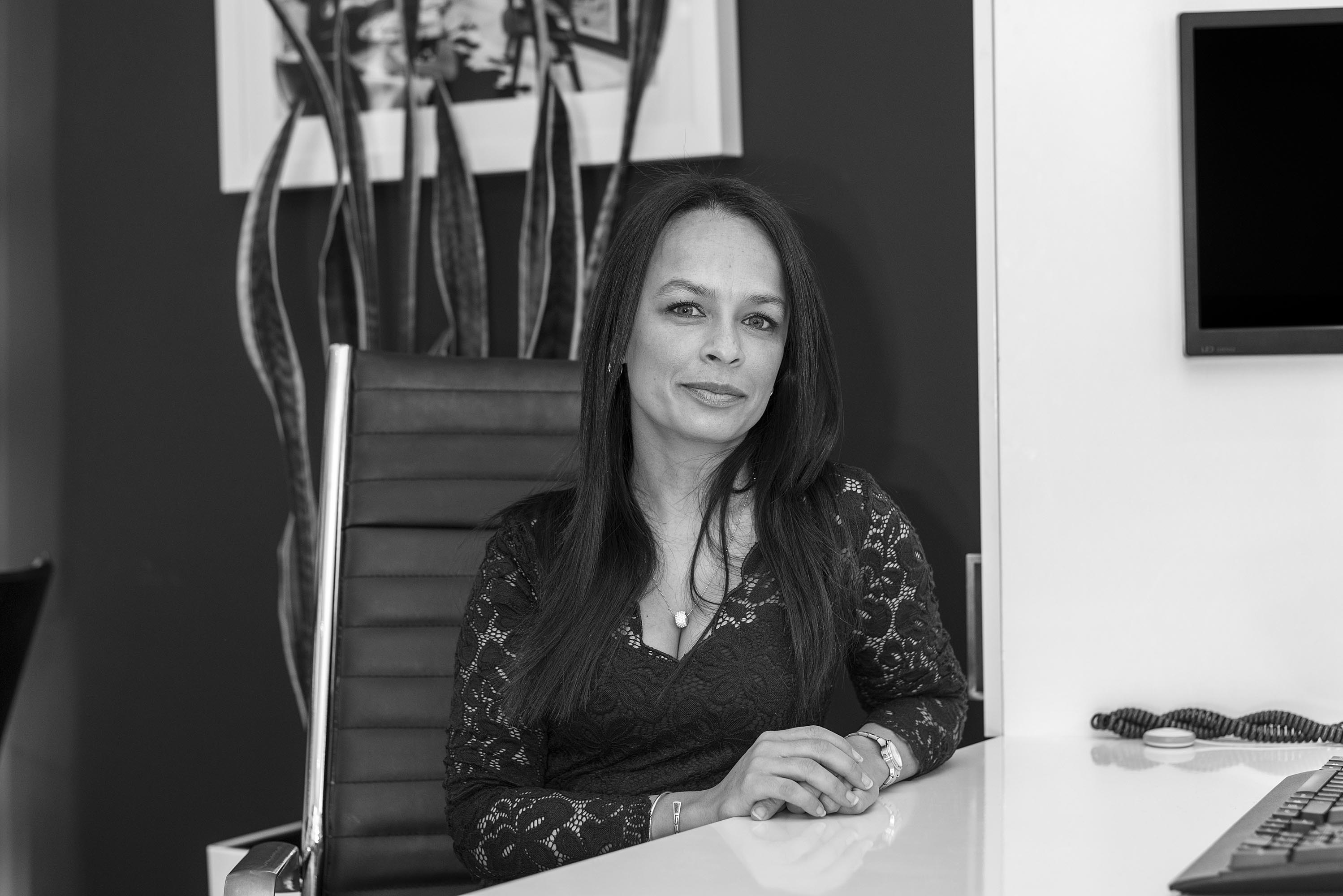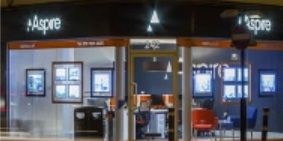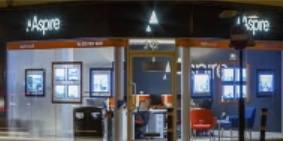Tracy Mitchell is Senior Lettings Administrator for Aspire’s Fulham, Battersea and Raynes Park offices. This month she takes us through the process of letting a property for the first time, and offers advice for new landlords on how they should prepare it.
First off, who do you need to obtain permission to let from, and is it a straightforward process?
Landlords need to contact the bank with whom their property is mortgaged, together with their insurers, and also check their lease - as they may need to get consent from their freeholder. Borrowers have a contractual obligation to inform their lender if they want to let a property. Some will face a rate rise plus an administration fee on top.
The agent is also usually required to complete a document stating information relating to the tenancy as well as being asked to confirm that the tenancy agreement complies with any stipulations set out by the mortgage company. Likewise with the insurance company who again may impose an additional cost and/or premium. However, the process is usually pretty straightforward and entails completing a few forms.
Are there any legal differences between renting out a property to a family member, and renting out an HMO (house in multiple occupation)?
Yes. HMOs are a special type of rental property, in which the facilities are shared by separate households - a 'household' can be one person or a family, or a co-habiting couple. Although HMO’s can be an attractive proposition for landlords, we suggest you discuss it with your local branch as it’s a complex area.
Does regular household insurance adequately cover rented properties?
If you have not taken out specialist landlord insurance you are probably not covered adequately, if at all. It is vital to check your current policy and investigate specialist cover, which can even stretch to covering loss of rent.
Do electrical fittings and gas/electric appliances need to be checked prior to letting a property? And is furniture subject to safety checks?
Gas appliances always need to be checked prior to tenants moving into a property, regardless of whether or not the appliances are new. This includes checking the boiler. The gas engineer is then able to issue a gas safety certificate, which will need to be renewed every twelve months.
Electrical certificates and so forth fall under the health and safety act. It’s the landlord's responsibility to ensure that the electrical installation and appliances are safe when the tenancy begins, and are in proper working order throughout the tenancy.
Furniture needs to be fire safe and should have labels attached confirming so. If the furniture being supplied does not have these labels, it should be removed from the property. This falls under the health and safety act.
Smoke alarms and carbon monoxide detectors have to be fitted, but how soon before a tenant moves in do these need to be tested?
It is essential for smoke alarms and carbon monoxide detectors to be fitted and working at the time of tenants moving into the property. Tenants are thereafter requested to check on a regular basis to ensure that the alarms are working.
And finally, what are the most common things new landlords overlook?
Some landlords will try and cut corners to save money, which whilst being understandable, is often shortsighted. A landlord may state that they would like to conduct their own inventory and check-in at the start of a tenancy, however, if the inventory report is not thorough and detailed, the likelihood is, should there be damages at the end of the tenancy, the funds would be returned to the tenant on the basis that the landlord does not have enough evidence to back up their claim.
Landlords also tend to feel that cleaning the property themselves prior to tenants moving in will be sufficient. However a full deep and professional clean of the property is always advised. A professional clean can take between 4 and 8 hours depending on the size of the property. If this is done at the start of a tenancy and a receipt can be provided, tenants will need to ensure that the same is done at the end of their tenancy.











